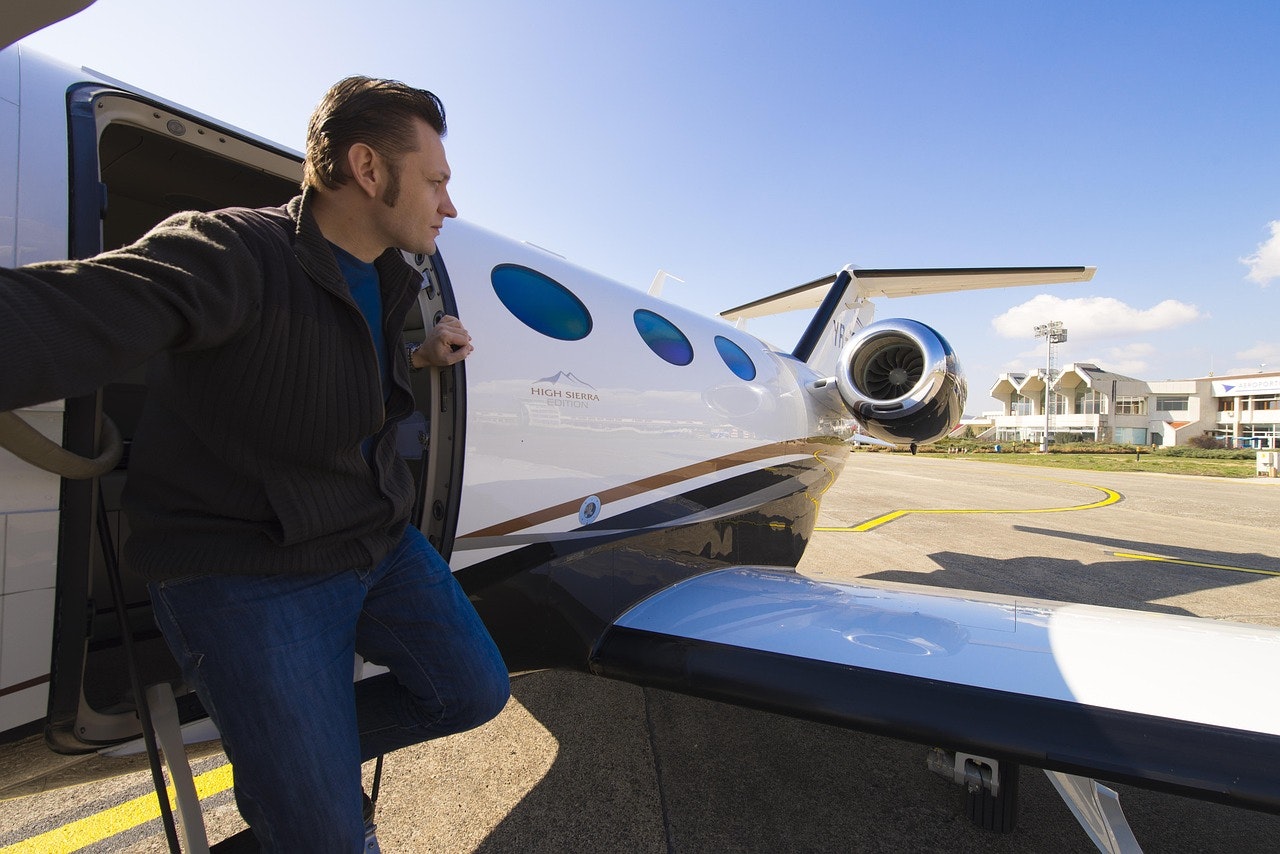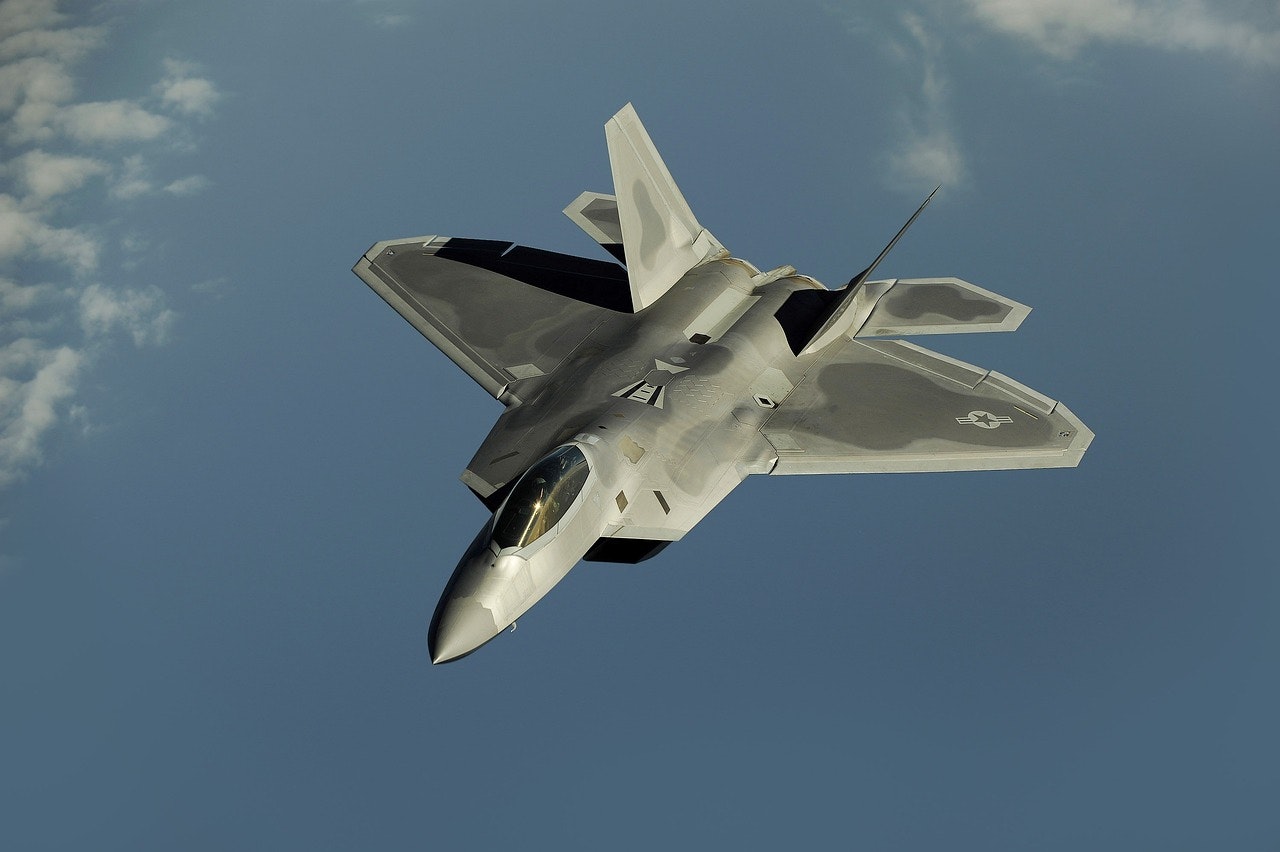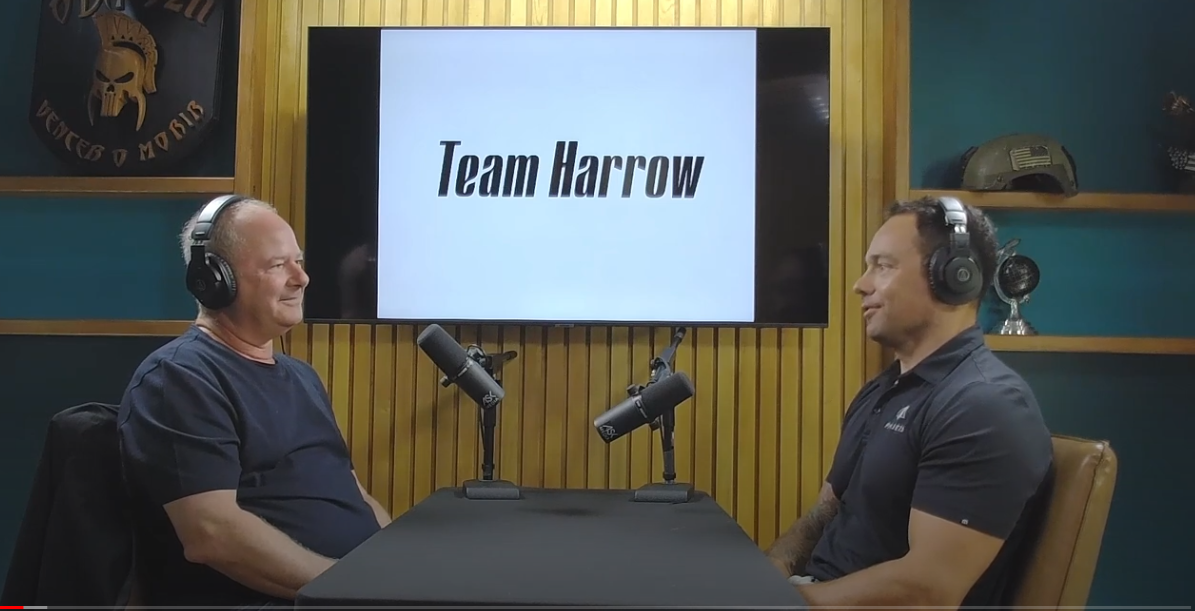Welcome to clear skies.
Here at Lapayowker Jet Counsel, P.A., aviation transactions are demystified. We handle the complexities, so you can focus on what matters to you. Step into a space where your legal matters are managed with passion, integrity and ease.
our services
Here's what we do best.
Buying, selling, or financing—whatever your need, it’s handled. Experience a seamless journey, guided by experienced aviation counsel who prioritize clarity and your peace of mind.
Learn about our successful transactions.
Our Attorneys
Great counsel is more than just good advice.
We’re more than attorneys; we’re your counsel, we’ve seen it before. Every step is a step together—your goals are our blueprint. Our team works to clear the path for your aviation needs, ensuring every transaction feels routine.
Dedicated
Passionate
Experienced

30+
years of experience









